What Happens During a Hearing Aid Fitting Appointment
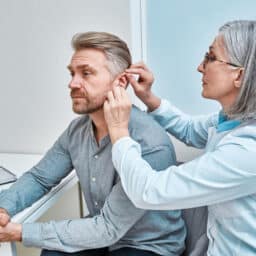
A hearing aid fitting is an important step in ensuring you get the most out of your hearing aids. This initial appointment sets the stage for comfortable and effective use of your devices. Here’s what you can expect during your first hearing aid fitting and why each step is essential for your hearing health. Initial…
What to Know About Hearing Aid Channels and Bands
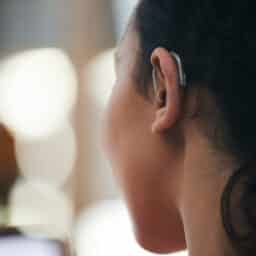
Among the many features to understand about hearing aids, “channels” and “bands” are two critical aspects that can significantly impact your hearing aid experience. With nearly 28.8 million Americans potentially benefitting from hearing aids, understanding these features and their importance can help you make an informed decision when selecting a hearing aid. Understanding Hearing Aid…
What is Third Mobile Window Syndrome?
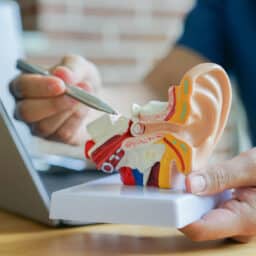
Third mobile window syndrome (TMWS) is a rare condition characterized by abnormal openings in the bony labyrinth of the inner ear. These abnormal openings may cause a disruption in the fluid dynamics within the ear, leading to auditory and vestibular symptoms, including feelings of vertigo, ear pressure, trouble hearing, unusual sensitivity to noise (hyperacusis) or…
Is Your Hearing Aid Functioning Improperly? (And What To Do If It Is)
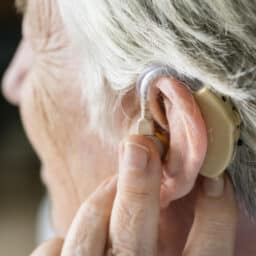
In the United States, an estimated 28.8 million adults could improve their quality of life with hearing aids. However, many delay getting them due to concerns over their operation and functionality. Identifying Issues with Hearing Aid Performance For those who have recently started using hearing aids or have been hesitant to try them, recognizing when…
Temporal Bone Tumors: What Are They and How Can They Affect Hearing?

The temporal bone sits at the base of the skull. It houses essential components of the auditory system, such as the middle and inner ear, vestibular organs, nerves and blood vessels. Its connection to hearing lies in the middle ear and inner ear. The middle ear amplifies sound vibrations before they reach the cochlea in…
Should I Wear a Cochlear Implant And A Hearing Aid
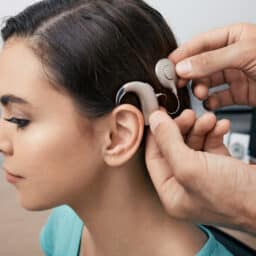
A cochlear implant is an electronic device that, once surgically placed behind the ear, sends electrical impulses to the hearing nerve. Cochlear implants help enhance the clarity of hearing, especially in speech. Each type of hearing device, along with its configurations, has its own set of advantages and disadvantages. Your hearing specialist can guide you…
How Can Your Support Make a Difference in Your Loved One’s Tinnitus?

Support from our loved ones can make a significant difference in how effectively we cope during times of stress. Living with tinnitus is one stressor where leaning on your friends and family is essential. Let’s take a closer look at tinnitus and how you can help your friends and family experiencing it feel supported and…
What to Know About Fluctuating Hearing Loss
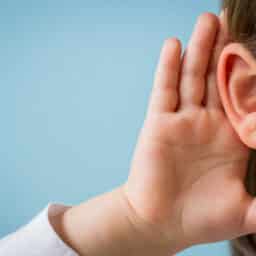
Fluctuating hearing loss is a form of hearing loss that changes over time and can impact a child’s development, particularly speech and language skills. It can be caused by conductive or sensorineural issues and can worsen over time. It’s important for parents and educators to understand the signs to help aid a child. Fluctuating hearing…
Can Anxiety Cause Tinnitus?
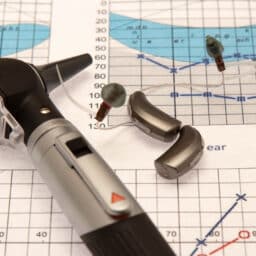
When two or more health conditions occur together, they are said to be comorbidities. A common comorbidity of tinnitus is anxiety, and together they can create a cycle where one condition exacerbates the other. Below we review the connection between these two conditions. Anxiety When you think of anxiety, you probably think of generalized anxiety…
Injuries that Cause Hearing Loss

The most common causes of hearing loss are advanced age and exposure to loud noises. Another cause of hearing loss you may not have thought about is injury to the head, neck or ears. We review some of these injuries and how they can impact your hearing below. Traumatic Brain Injury (TBI) Getting hit in…

